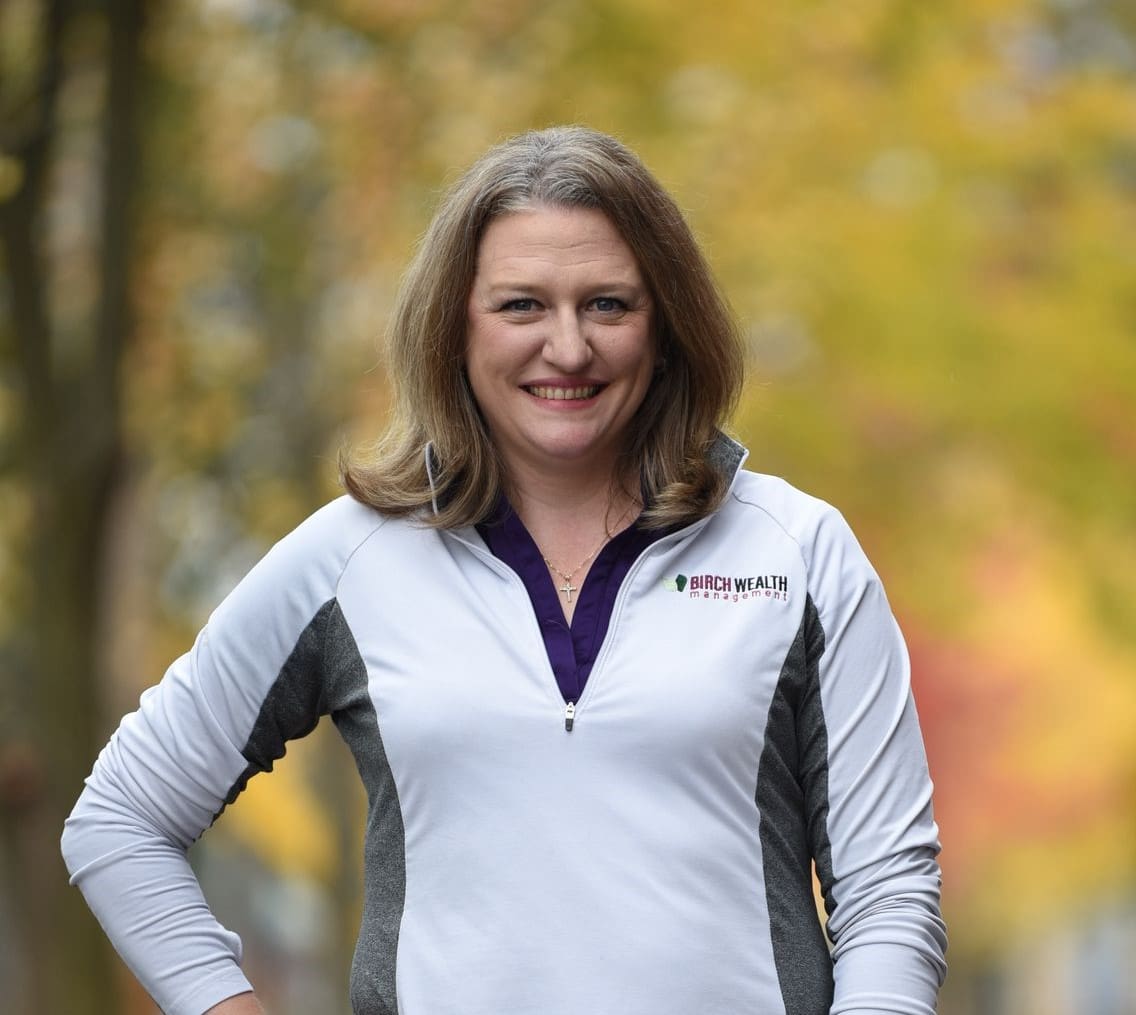By Jason Klaiber
With a significant concussion from a backyard mishap and another traumatic brain injury from a workplace incident in her rearview, Kelly Thune manages to forge ahead by sticking to the most positive mindset she can muster.
After the first concussion in 2015, the Fayetteville resident saw her condition improve with anti-seizure medication and half a year of vision therapy, but the second one in 2017 brought with it a compounding, longer-lasting effect.
In addition to the fatigue and concentration troubles that kept her from reading for a prolonged period of time or going on lengthy walks, Thune also experienced “moments of black” while driving and changes to her usually even-keeled personality.
In grappling with the loss in stamina that left her feeling, as she put it, like an undercharged cell phone, Thune has tried to remain cognizant of her symptoms on the way to reaching a health baseline.
If a certain activity exacerbates her headache, she’ll ease up on her exertion; if she has an especially busy day ahead, she’ll sort out when she can rejuvenate with a nap.
But the physical impact of her malady wasn’t the only obstacle to face.
Having been accustomed to the company of students and colleagues as a distinguished school district administrator and teacher of more than 20 years, Thune began to encounter isolation and a perceived loss of purpose upon realizing she could not feasibly return to work during her road to recovery.
“To have that sense of loss was just devastating,” she said. “I had the choice to either fall down or lift myself back up.”
Instead of allowing that feeling of brokenness to get the best of her, Thune decided to consciously break free of negativity and focus only on her circle of control.
The real difference maker, however, came when she reconnected by chance with a word she first encountered as a 16-year-old exchange student heading abroad to Finland.
Back in 1986, as one of two high schoolers from her district chosen for the program, she was required to write an essay spotlighting one topic from a list of presented options.
At a glance, she was particularly intrigued by “sisu,” a Finnish noun associated with the tenacity and strength that the European country’s people are said to be born with.
Through conversations with folks overseas, Thune learned that the word ties back to the far-north challenges of having cold, dark winters and a midnight sun in the summer, not to mention Finland’s history of warring with the much larger Soviet Union in 1939.
“The Finnish people have this fortitude that when things are very, very difficult, they can have perseverance,” Thune said.
In the wake of her brain injuries, Thune just happened to unearth that contest-winning essay about sisu along with several more of her writings on the concept she hadn’t even recalled putting to paper.
Seeing that the word subliminally stuck with her over the decades, Thune had what she referred to as her “aha moment.” She knew right then that she had to adjust her outlook, get back on track and accept what is and what was, all while approaching what life has in store little by little.
In that way, sisu became the guiding light amidst her newfound objective to take steady action and build integrity after hitting her lowest point.
From there, Thune went on to develop and implement a day-to-day itinerary.
Setting the tone for each week, she creates an outline for her short-term goals on Monday before using Tuesday to detail the joys that arise from hard work. On Wednesday, she reviews the balance training routine and separate exercise regimens that await her the following week.
Thursdays are reserved for the act of reflecting on accomplishments, while Fridays are spent thinking about newly learned takeaways.
Over the weekend, Thune focuses on making social connections when she can with not only friends and relatives but also strangers. She also carves out a minute or two to consider general goals for the days ahead.
Following a suggestion from her doctor, Thune further switched things up by practicing yoga for the first time, soon finding out that it was what she needed to slow down her nervous system and de-stress.
Adding to her long-held qualifications in fitness instruction, she eventually became certified in yoga training and specifically the LoveYourBrain approach tailored to people with concussions.
Thune even started her own yoga business known as the Sisu Sweat Society, a private group centered around the task of thoughtfully overcoming difficulties.
The business offers one-on-one online classes that span seven weeks, with each customized session zeroing in on a single day of the week.
Other specialty classes have involved Zoom hangouts grounded in Nordic and Scandinavian culture like the Hygge Happy Hour, Thune’s invitation to pour a drink of choice, light a candle and wear the comfiest clothing in one’s closet while chatting about a range of interests and doing a bit of relaxing yoga.
She said those gatherings extended a hand at the height of the COVID pandemic for those who were feeling isolated, much like how she felt earlier on in her recovery.

Beyond that, Thune spent two years writing “Sisu To A New You,” a book about her journey that was published in 2020.
She said the chapter-to-chapter plunge into the details of her concussions and her transformation by way of sisu and yoga is in itself a curriculum related to positive psychology and the growth mindset.
Penned with assistive dictation technology, the book was temporarily held back by Thune out of a reluctance to disclose her vulnerable story.
She later committed to circulating “Sisu To A New You” after being encouraged by an interaction with two former students of hers, and within about a month she was hearing about its part in warding off readers’ suicide plans.
“All the struggle I went through—all the tears and feelings of loss and guilt and hardship—was immediately dismissed because you can’t substitute someone’s life for that,” Thune said.
Year to year, Thune’s own condition has been helped by her restored purpose as well as routine care from the Upstate Concussion Center, but 10-plus hours of the stress, noise and bright fluorescent lighting inside the average school building would still be pushing it, she says.
In January, she discovered a more doable, flexible career: a role as a leadership coaching consultant for FranklinCovey. For that traveling, often-remote job, she makes shorter guest visits to schools all over the country to talk about neural plasticity and brain injuries while relaying habits for maximizing professional effectiveness and maintaining self-worth.
A mother of two, Thune is also determined to inform people of the behind-the-scenes work that goes into summoning proper energy after a brain injury.
“We have a paradigm where if you look good, you feel good, and that’s not the case with concussions, brain injuries and a lot of other mental health cases,” she said. “You can’t see a broken brain like you can see a broken leg.”
Thune additionally volunteers on the advisory boards for the Fayetteville YMCA and the Brain Injury Association of New York State (BIANYS).
By enabling her to teach at their conferences, host workshops and meet with legislators in Albany, BIANYS has provided Thune with yet another opening to return to her passion for educating, only in a different, less traditional setting than before.
On Sept. 10, Thune was the honoree at this year’s March On for Brain Injury Walk in Rochester’s Seneca Park. The annual fun walk brings together brain injury survivors and others to raise awareness and funds. Viewing the recognition as “humbling,” she stopped by to share her story and a message of inspiration with the day’s walkers. The event also happened to fall on her birthday, just a few hours before she saw one of her favorite recording artists, Elton John, live in concert right here in Syracuse.
For more about Kelly Thune, her yoga classes and her reliance on sisu, visit sisutoanewyou.com.






You must be logged in to post a comment.